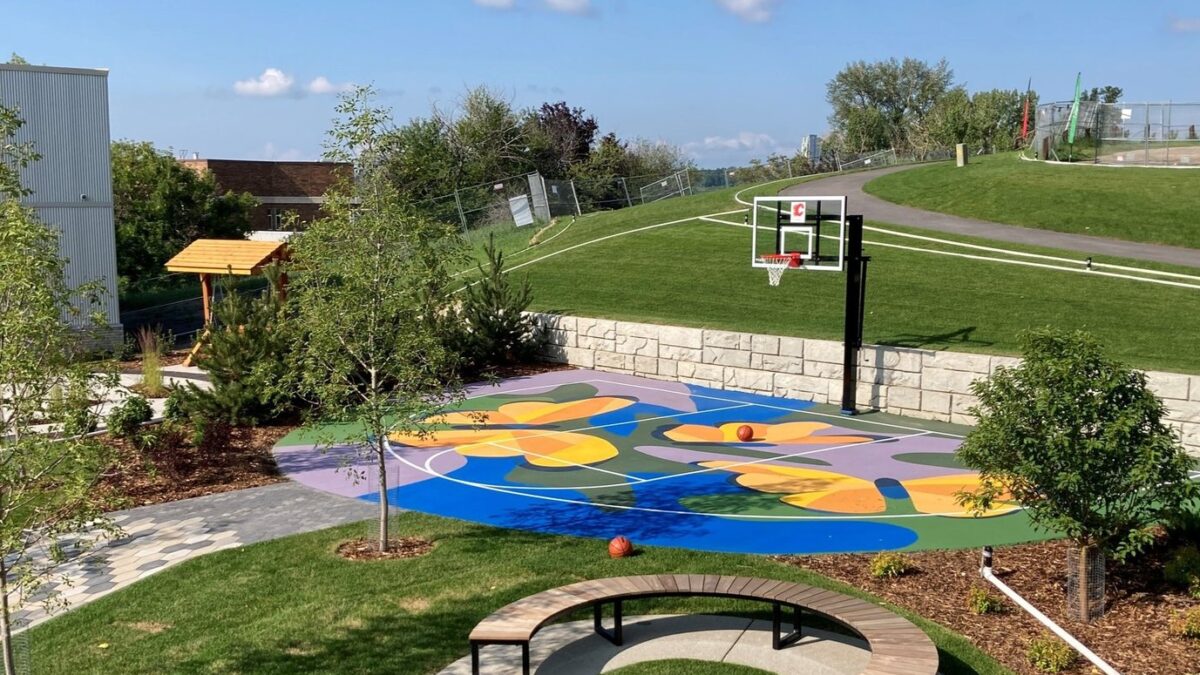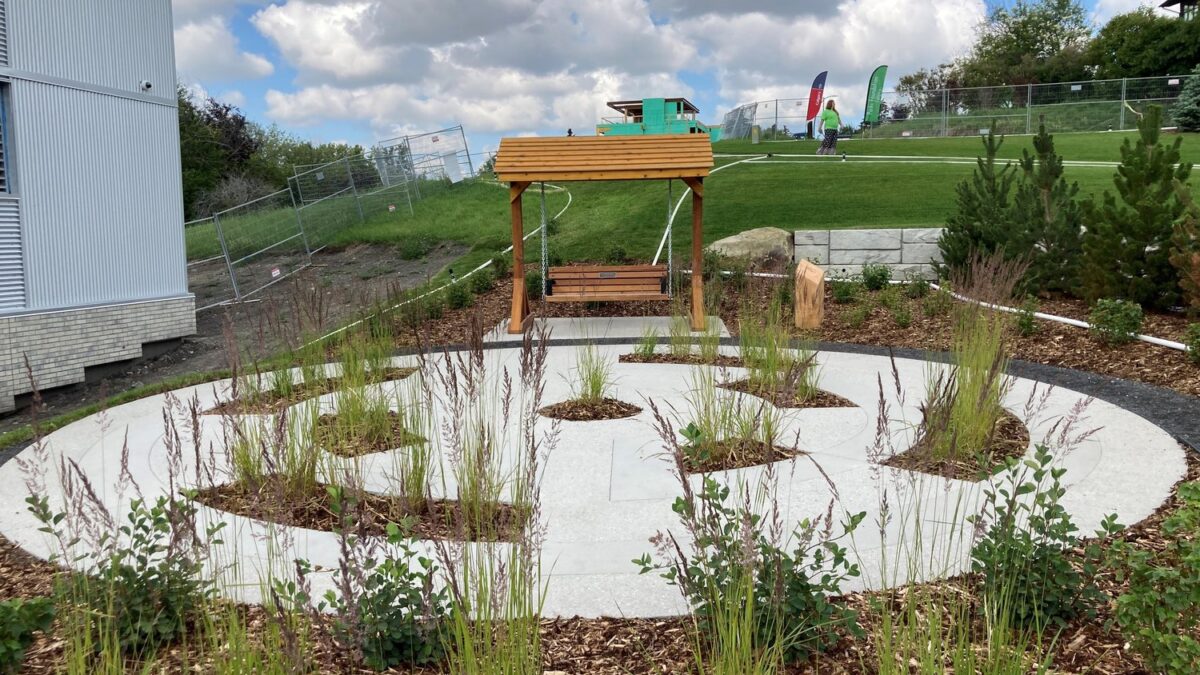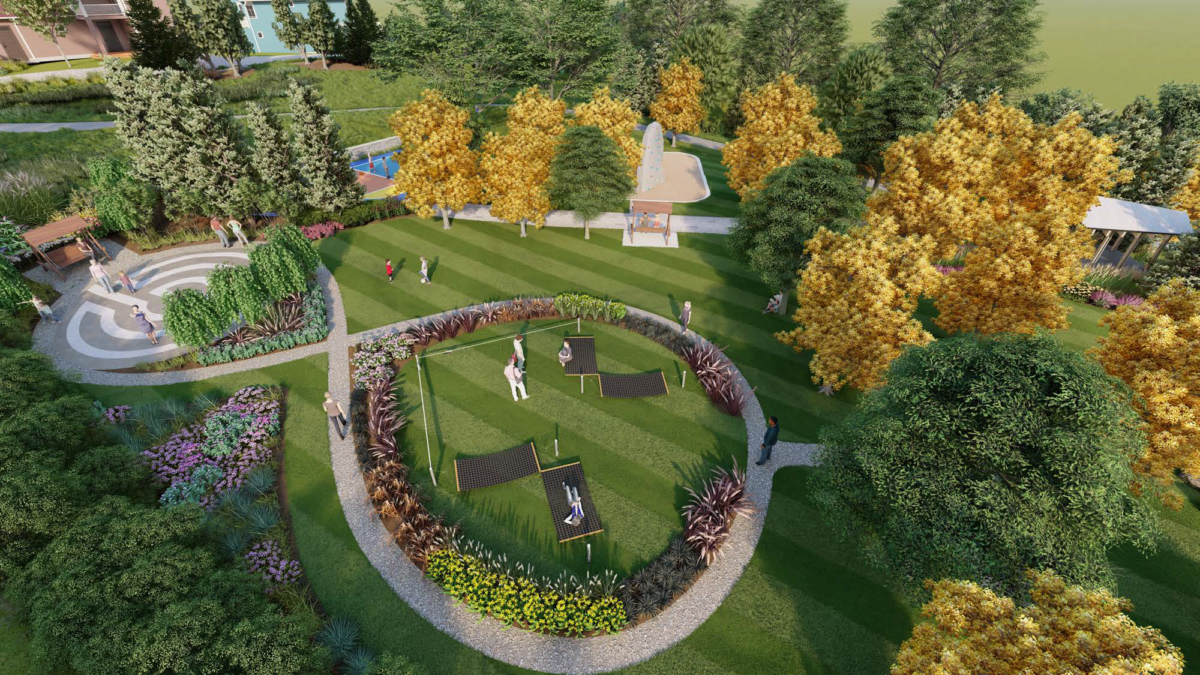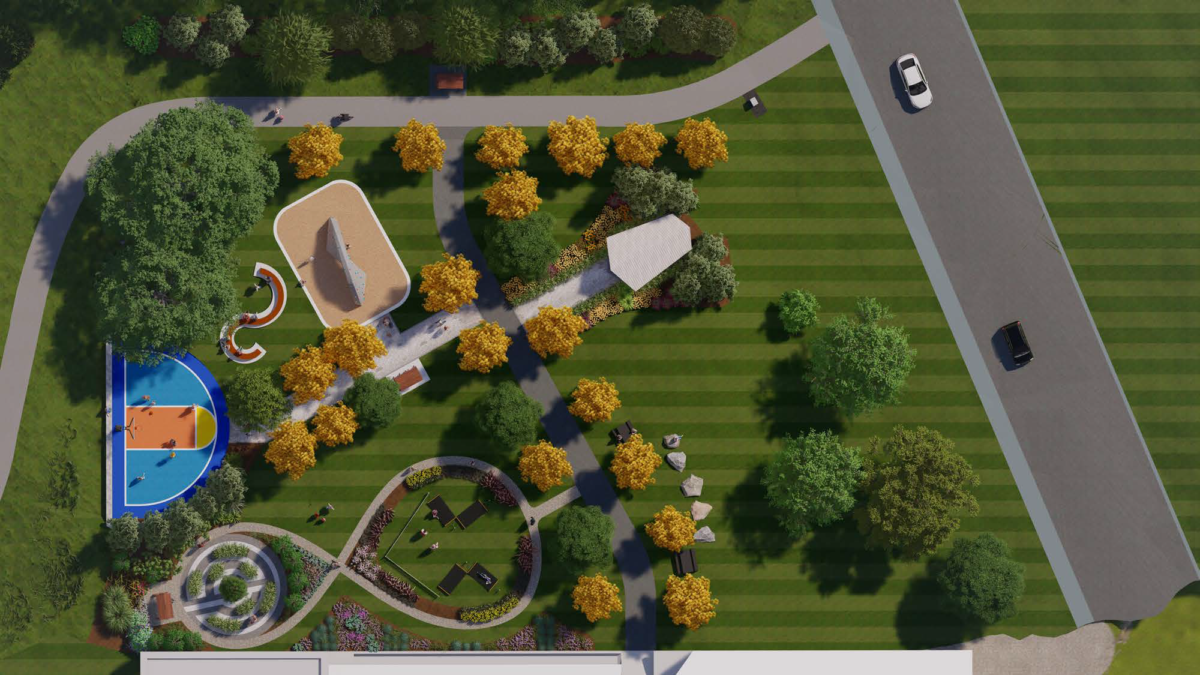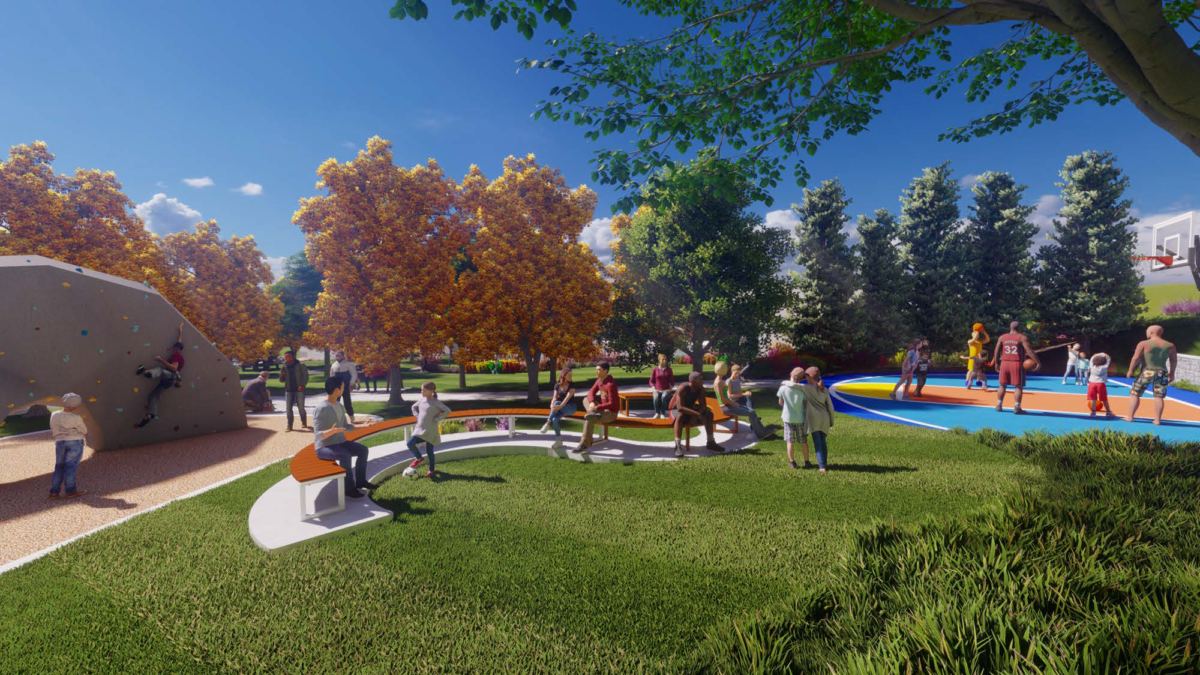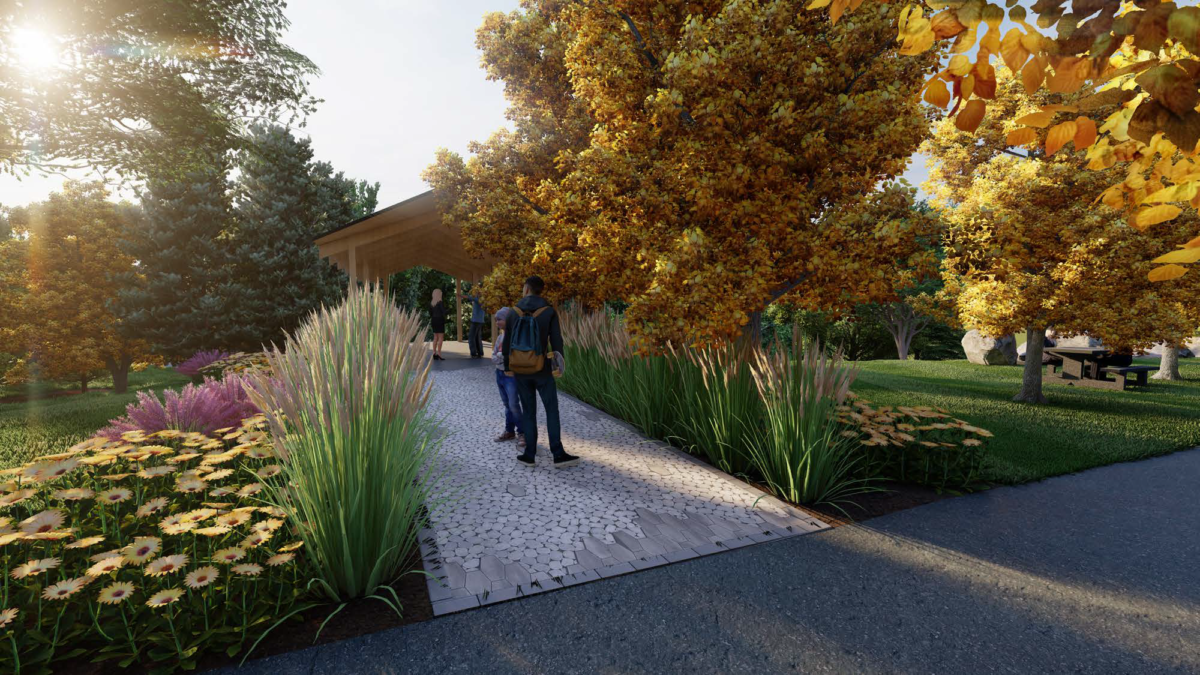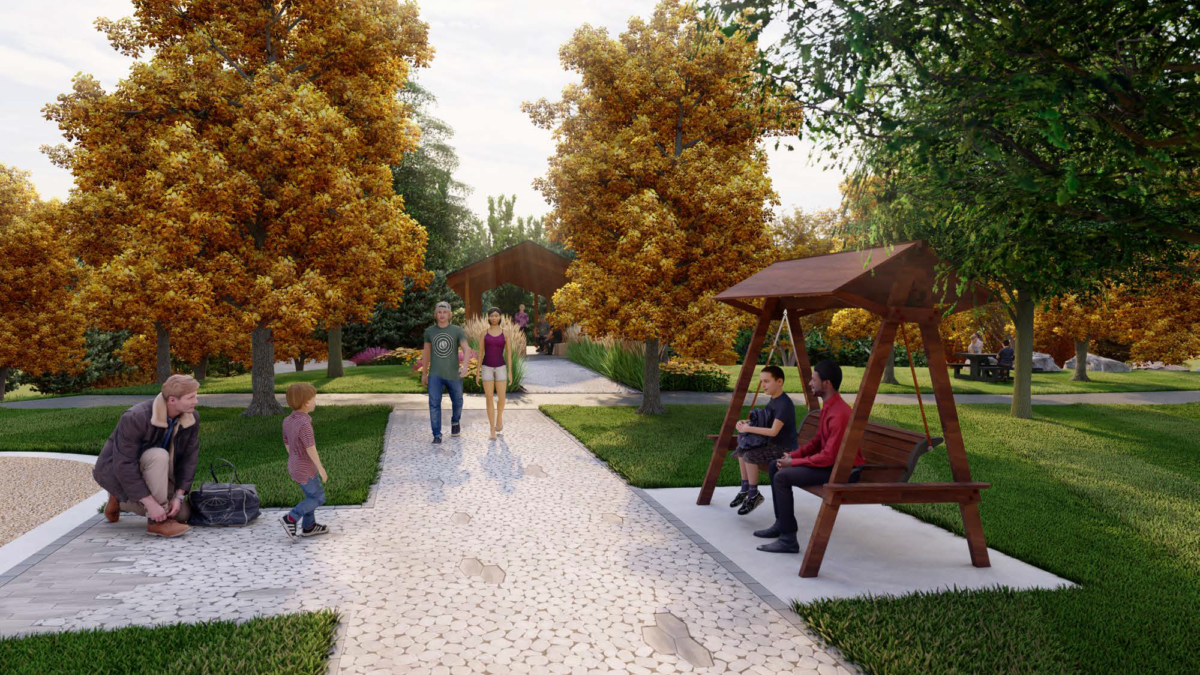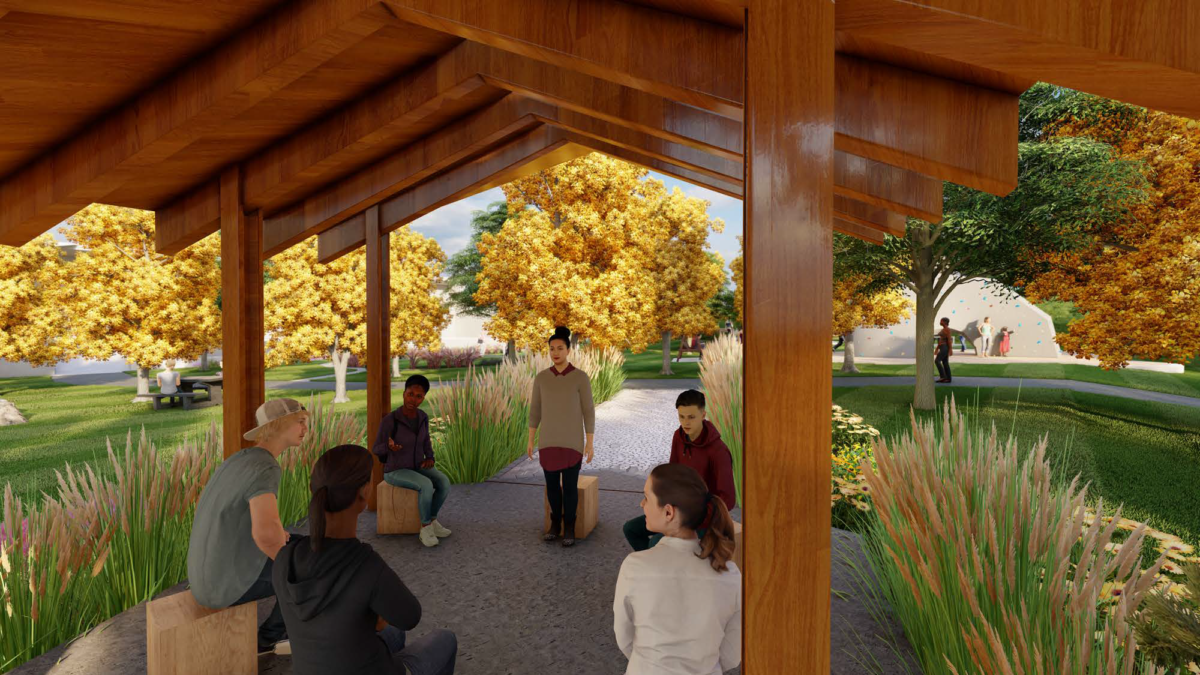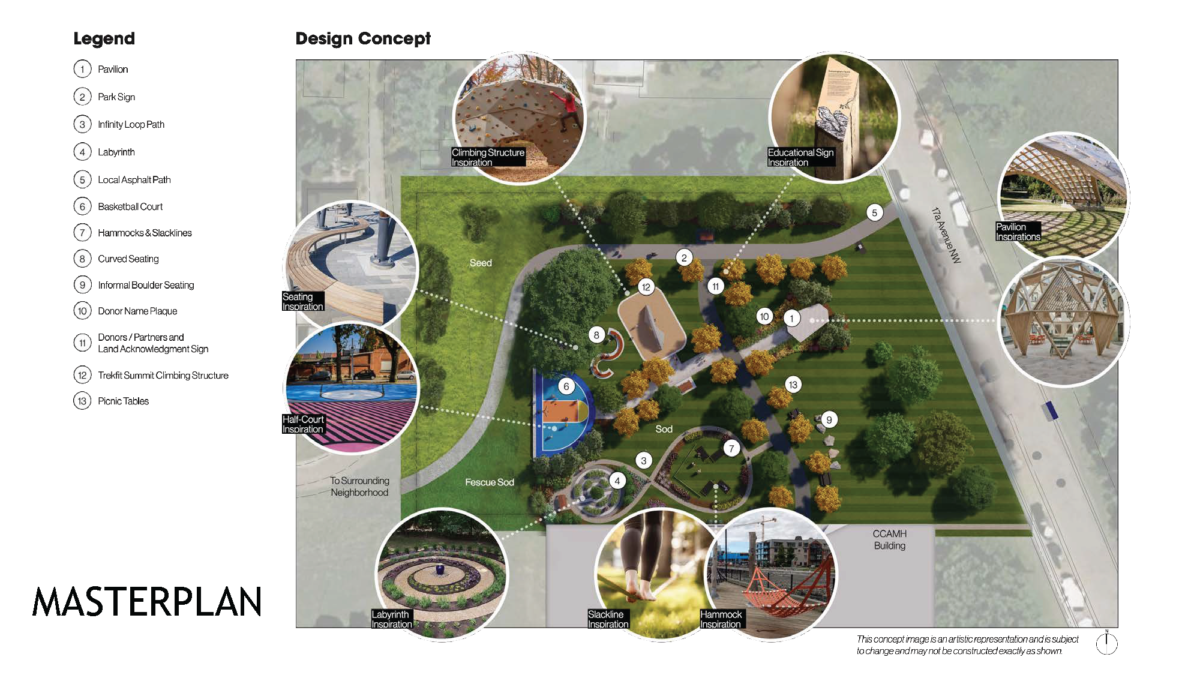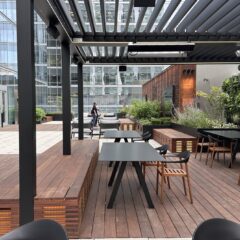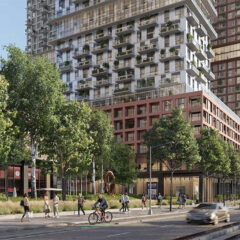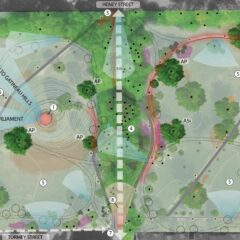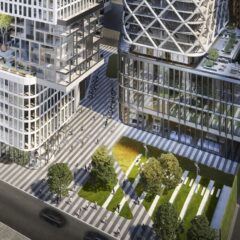DESIGN INTENT
Transforming Mental Health: The Story of Alberta’s First Mental Health Park
In the midst of Canada’s mental health crisis, there shines a beacon of hope in the form of parks. Parks are not merely recreational spaces; they are therapeutic landscapes that play a crucial role in combating the mental health challenges that Canadians, especially youth, face today. Alberta’s first mental health park, the Brawn Family Foundation Rotary Park, designed by NAK Design Strategies, stands as a testament to the power of nature and thoughtful design in supporting the well-being of children and teenagers undergoing mental health treatment.
A Mental Health Crisis in Canada
Before delving into the innovative park design, it is vital to acknowledge the stark reality of the mental health crisis in Canada. Statistics reveal the magnitude of the issue:
- 1 in 5 Canadian children will experience a diagnosable psychiatric concern in their youth
- In Calgary alone, 60,000 kids and teens require mental health intervention each year
- Mental health issues, including anxiety, depression, eating disorders, and schizophrenia, are the single largest health problems facing young people in Canada today.
These alarming figures underscore the urgency of addressing mental health challenges, particularly among the youth population. The importance of social connection and mental well-being cannot be overstated. Research by Julianne Holt-Lunstad, a professor of psychology and neuroscience at Brigham Young University, highlights that loneliness and social isolation can be as harmful as smoking 15 cigarettes a day.
Moreover, the COVID-19 pandemic exacerbated the situation, with 37% of Canadians reporting a decline in their mental health since its onset, according to the Canadian Mental Health Association.
The Healing Power of Nature
It is within this context of a mental health crisis that the Parks Foundation embarked on a remarkable journey to create a unique sanctuary for young minds. The connection between nature and positive mental health is well-established. Even spending as little as ten minutes in nature can lower blood pressure, reduce anxiety, enhance tranquility, and elevate overall mood. Experts posit that time in nature activates the same brain networks as mindfulness and meditation.
One seminal study by Marc Berman in 2013, titled “Interacting with Nature Improves Cognition and Affect for Individuals with Depression,” revealed a pivotal relationship between exposure to natural sensory environments and improvements in cognitive function and mental health. Nature, it seems, can act as a therapeutic agent.
Further reinforcing this idea, research published in the Journal of Environmental Psychology demonstrated that parks have a profoundly positive impact on mental health. Participants in the study felt less stressed and more creative in park environments compared to urban settings. Nature, it seems, has the unique ability to soothe the mind and uplift the spirit.
The Birth of Alberta’s First Mental Health Park
The realization of Alberta’s first mental health park, the Brawn Family Foundation Rotary Park, was a result of meticulous planning and a commitment to the well-being of young Canadians. The park’s design was rooted in principles that address stress coping mechanisms crucial for aiding mental health issues:
- Control: The park offers spaces where visitors can choose privacy and solitude, preventing feelings of crowding and fostering a sense of control.
- Social Support: Designed to enhance social support, the park provides various seating areas, comfortable chairs, and proximity to waiting areas for families, visitors, and patients.
- Movement and Exercise: Encouraging movement, the park boasts well-designed pathways that motivate patients to engage in mild exercise, a proven mood booster.
- Nature: To reduce stress and provide positive distractions, the park is adorned with a selection of plants and greenery, offering solace and tranquility.
The park’s thoughtful design draws from these elements, creating an environment that not only promotes healing but also nurtures a sense of well-being among its visitors.
A Path Forward
As we confront the mental health crisis in Canada, the Brawn Family Foundation Rotary Park serves as an inspiring example of how parks can play a pivotal role in mental health recovery. Nature, combined with empathetic design, has the power to uplift spirits, reduce stress, and offer a sanctuary of healing for those in need.
This pioneering project by the Parks Foundation and NAK Design Strategies showcases the potential of urban parks to contribute to the overall well-being of communities. It is a testament to the idea that, amid the challenges we face, there are innovative solutions that can provide solace, hope, and a path toward a brighter future for Canada’s youth and mental health.
In the shade of Alberta’s first mental health park, we find not just a physical oasis, but a symbol of hope, resilience, and the transformative power of nature in healing the mind and soul.

